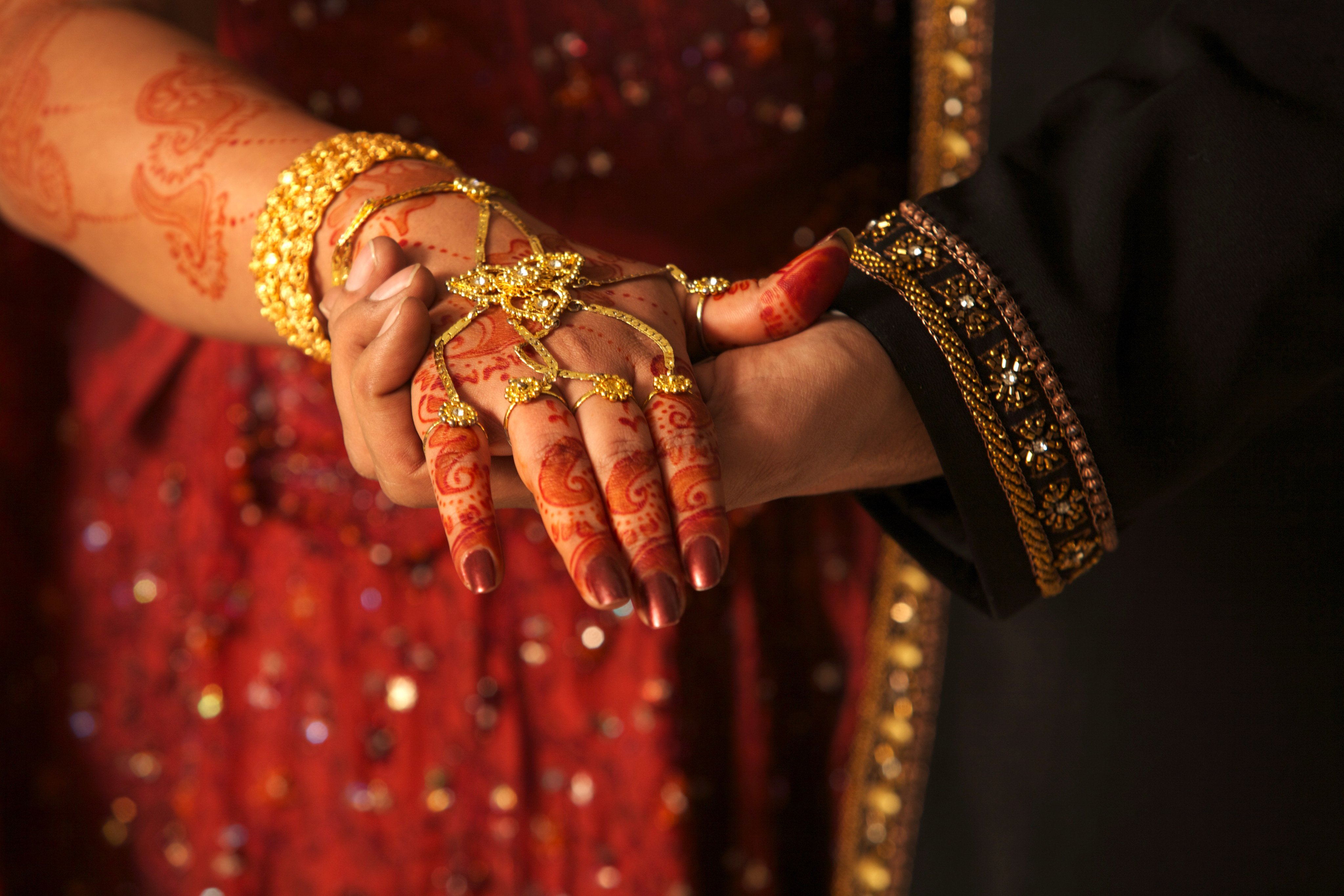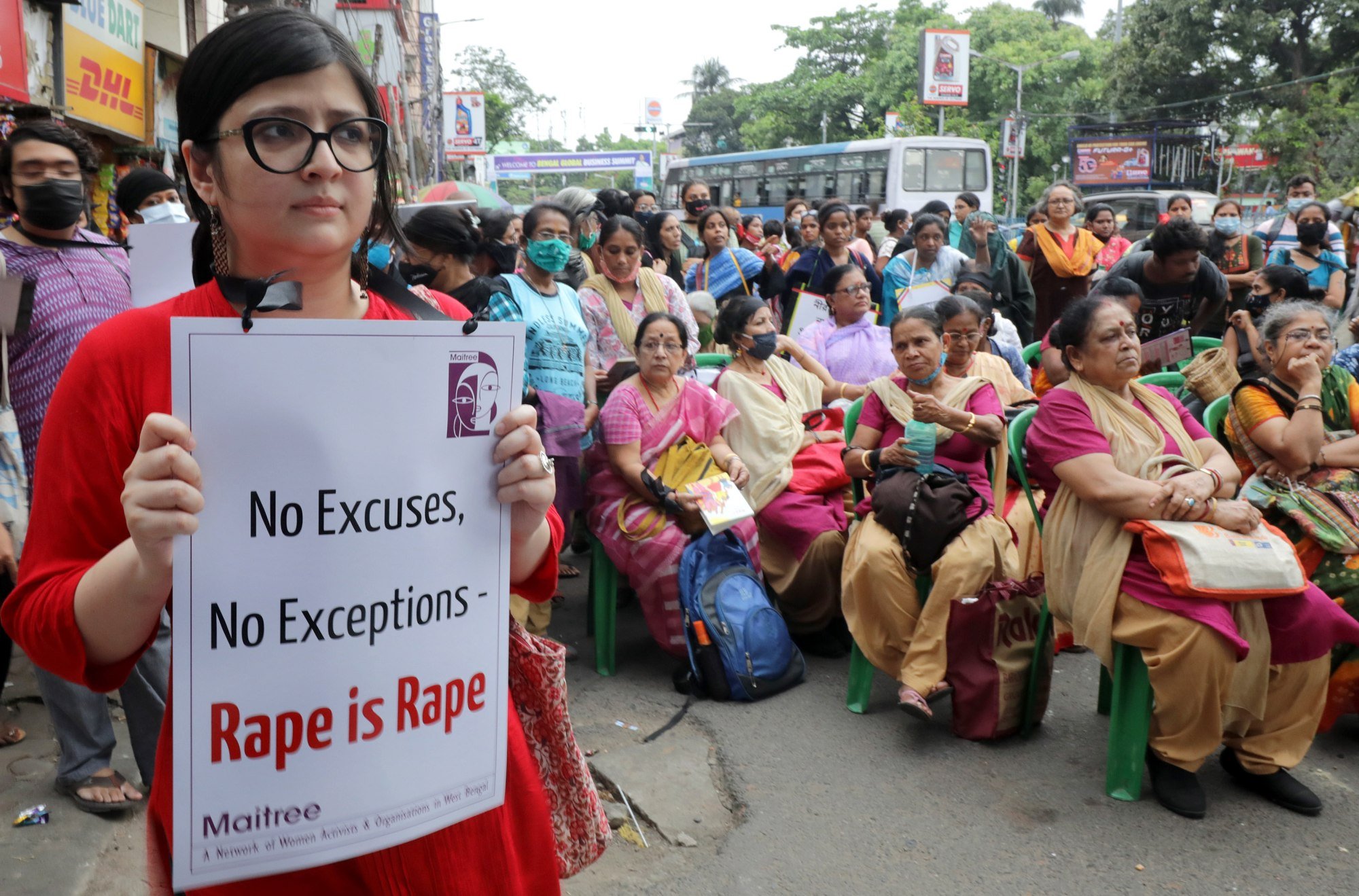Indian court allows rapist out on bail to marry victim, sparks backlash
Critics are angry at how offenders are allowed to use marriage as a way to mitigate a rape charge

A regional court in eastern India has allowed a man accused of raping a minor out on one month’s bail to marry his victim, in a case which has reignited debate on rape victims’ rights and the controversial “marry-your-rapist law”.
According to the 22-year-old woman, she and the man started a physical relationship in 2019 – when she was 16 – after he had promised to marry her. She became pregnant twice, in 2020 and 2022, and he allegedly forced her to terminate both pregnancies.
The 26-year-old man was jailed in 2023 under the Protection of Children from Sexual Offences Act, a gender-neutral law in India that aims to protect those under 18 from sexual abuse and exploitation, according to the Times of India.
He recently sought interim bail, claiming that both families had agreed to his marriage with the victim. “The petitioner has expressed his consent to this arrangement and has undertaken to solemnise the marriage upon his release,” his lawyer told the court.

Observing that their relationship was consensual, the Orissa high court granted him bail.
“The allegations, though serious in their statutory framing, arise out of a consensual relationship between two individuals who are very close in age and shared a personal bond before the filing of the present case,” Justice Sanjeeb Kumar Panigrahi said on Monday.
“The possibility of reconciliation, the familial understanding now reached, and the future prospects of both parties further tilt the balance in favour of extending temporary liberty without compromising the integrity of the ongoing investigation or the dignity of the prosecutrix.”
‘What type of justice is this?’
The latest decision has sparked public outrage over the use of a controversial “marry-your-rapist law”, which allows an offender to plead for a less severe punishment or avoid prosecution if he offers to marry his victim.
“What type of justice is this,” Arghya Chattaraj posted in response to the story. “The accused is clearly proposing to marry the victim as this [gets him a] jail free card … The law needs to see through these pretences and punish crimes committed. Having physical relationship with a minor is an offence whether one is in love or not.”
“Women cries rape and court tells culprit to rape victim legally,” Lalit Sadhwani wrote.
Pointing to recent cases, news and opinion website Opindia wrote last month: “Indian courts have on many occasions shattered this trust in sexual assault cases by blaming victims and granting bail to perpetrators for reasons as outrageously absurd as suggesting marriage.”
A Thane children’s court granted bail last month to a man accused of kidnapping and sexually abusing a 15-year-old, observing that the two had a consensual “love affair”. The judge ruled that the minor girl was “mature enough” to understand the consequences of her act.
In February, the high court in Allahabad granted bail to a 26-year-old man accused of rape, exploitation and sharing the survivor’s photos online, and asked him to marry his victim within three months of his release.
“A person’s right to life and liberty … cannot be taken away merely because the person is accused of committing an offence until the guilt is established beyond reasonable doubt,” Justice Krishan Pahal wrote in his reasoning.
Indian courts, Opindia wrote, were “steeped in patriarchal prejudice”.
Last October, India’s government dismissed efforts to criminalise marital rape, which activists say perpetuates patriarchal norms and leaves women vulnerable within marriage. It called such a move “excessively harsh”.
While the federal government acknowledged that “a man does not have a fundamental right” to force sex on his wife, it insisted that existing laws were sufficient to protect married women from sexual violence.